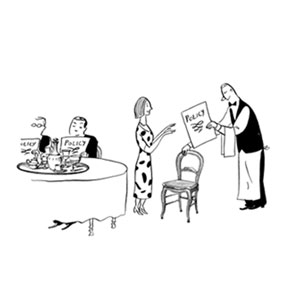About the workshop
This workshop is intended to support better decision-making by the use of policy analysis throughout the different stages of the policy process (preparation and planning, decision-making, implementation, and monitoring and evaluation). It will focus on how to find and use the best available evidence from research and evaluation to develop and implement policy successfully.
This workshop examines what counts as evidence for policy making and how real-time data and analysis can and cannot inform good decisions.
What the workshop will cover
During the week, you will develop your understanding of:
• The policy making process
• Different types of evidence and the risks associated with them
• Problem identification and specification
• Stakeholder engagement
• Developing policy options and innovative solutions
• Theory of change analysis
• Establishing ‘what works’ using counterfactual analysis
• Evidence synthesis – harnessing existing evidence
• Business case development
• Developing implementation and delivery plans
• Influencing the policy process using evidence and analysis.
How participants will benefit
The workshop will enable you to:
• Make better decisions about policies and services by using the best available evidence to form your judgements
• Make critical judgements about evidence from research and evaluation, and understand how these fit with other factors that influence and inform policy-making
• Mentor colleagues in evidence-based policy-making and in how to use research evidence effectively
• Procure and manage research and evaluation, and professional analytical services, effectively and efficiently.

